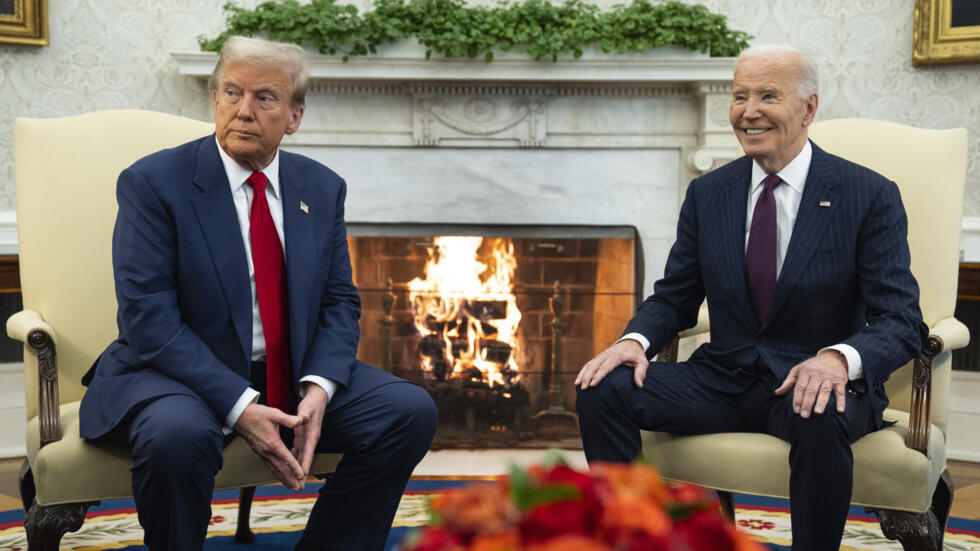In the American political arena, policy shifts often accompany the transition between new and old administrations. Recently, a series of actions by Trump’s transition team have indicated that they plan to make significant reforms to the U.S. electric vehicle policy, which could have far-reaching effects on the electric vehicle and emission policies of the Biden administration.
The Trump transition team plans to cancel support for electric vehicles and charging infrastructure, including the elimination of the $7,500 consumer tax credit for electric vehicle purchases. This policy change contrasts sharply with the automobile subsidy policy in Biden’s Inflation Reduction Act, which aims to promote the U.S. transition to clean energy by providing tax credits, building charging networks, and incentivizing domestic manufacturing.
Furthermore, the Trump team has suggested imposing tariffs on all battery materials globally to promote domestic production in the U.S. and negotiate individual exemptions with allies. This measure could significantly impact the global electric vehicle supply chain, particularly for major battery material-producing countries like China.
The Trump transition team also plans to reclaim the remaining funds from the Biden administration’s $7.5 billion charging station construction plan, redirecting them towards battery mineral processing and “defense supply chains and critical infrastructure.” This decision could deal a blow to the U.S. electric vehicle market, especially as traditional manufacturers like General Motors are attempting to expand their electric vehicle product lines.
U.S. Secretary of Energy Jennifer Granholm has warned that canceling these tax credits will weaken U.S. competitiveness and may allow other countries, especially China, to gain an advantage in the electric vehicle sector. Tesla CEO Elon Musk has stated that the elimination of subsidies will have a greater impact on competitors than on Tesla, as he believes Tesla already holds a dominant position in the market.
These policy changes could deal a blow to the U.S. electric vehicle market, especially as traditional manufacturers like General Motors attempt to expand their electric vehicle offerings. The U.S. Environmental Protection Agency proposed last year that two-thirds of automakers’ fleets should adopt electric vehicles by 2032. The agency eased this target in its final regulations in March of this year.
The proposals from Trump’s transition team seem to be aimed at encouraging domestic battery production, primarily for defense-related interests. Other proposals appear to be designed to protect U.S. automobile manufacturers, even those producing electric vehicles.
In summary, the policy changes proposed by Trump’s transition team could have a significant impact on the U.S. electric vehicle market and the global supply chain, and may also present challenges to global climate change and sustainable development efforts. The ultimate impact of these policies remains to be seen, but they will undoubtedly attract widespread attention and discussion.

